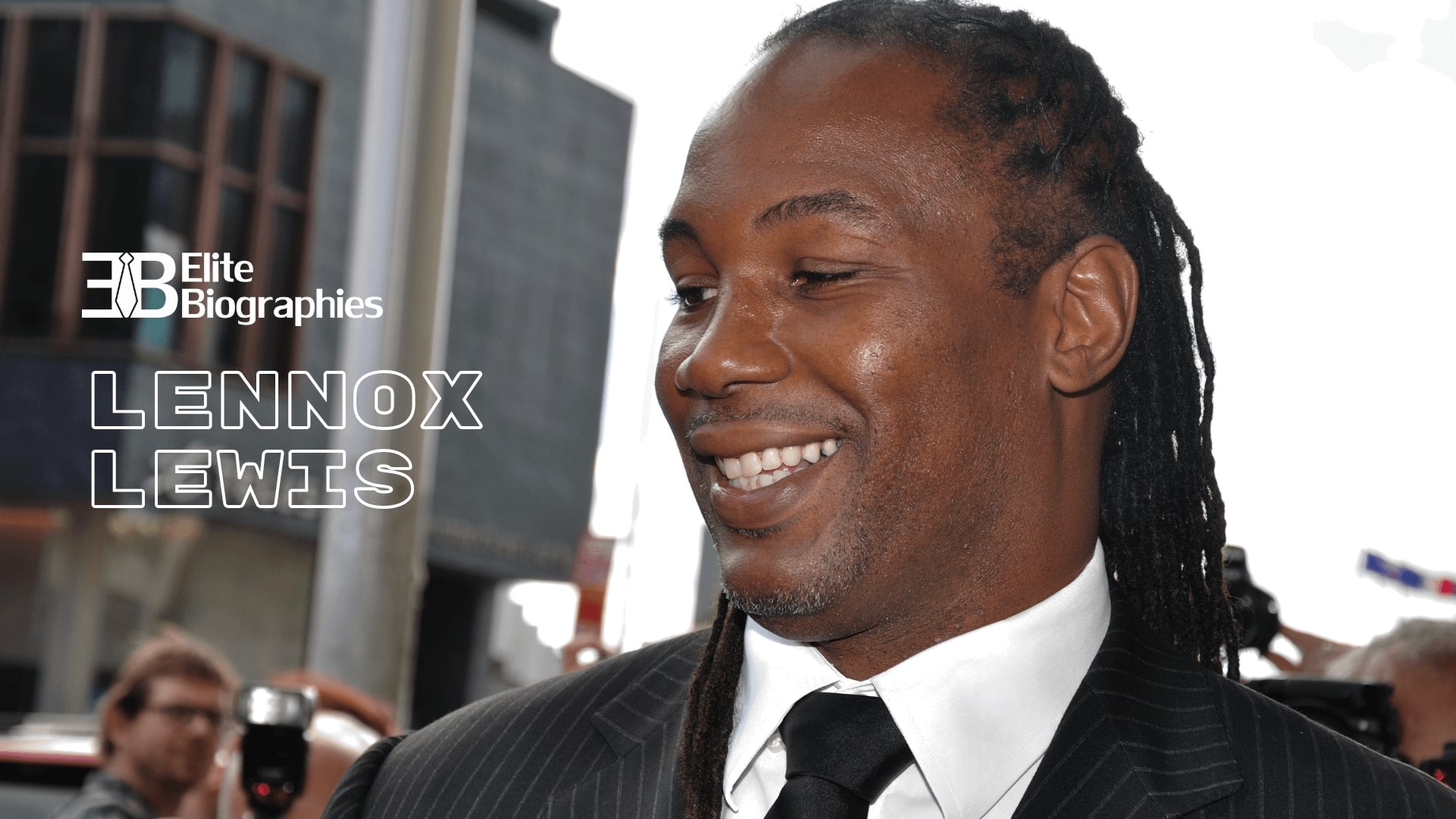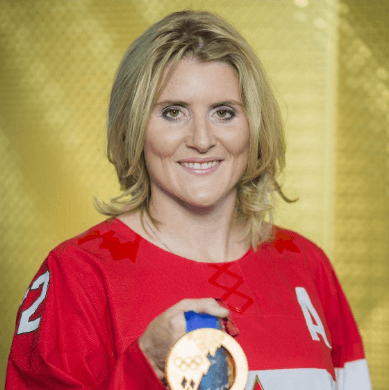Lennox Lewis

Lennox Lewis, a preeminent figure in professional boxing, is widely recognized for his exceptional skills, strategic prowess, and formidable presence in the heavyweight division.
Early life
Lennox Claudius Lewis was born on September 2, 1965, in West Ham, London, England to Jamaican parents. He was given his name by his doctor, who said he “looked like a Lennox”. His mother said when he was a child, he would often fight with his peers.
His early life was marked by a move to Canada, where he spent much of his childhood. Lewis’s interest in boxing was kindled at a young age, and he soon started training, showing early signs of the discipline and strength that would later define his career. His formidable talent was evident from his teenage years, and he quickly rose through the ranks in amateur boxing, representing Canada in various international competitions.
Career
Lennox Lewis’s professional boxing career is a tapestry of remarkable achievements and historic milestones.
Amateur Career
Lewis developed a passion for boxing around 1978. He quickly rose to prominence in the amateur boxing scene, clinching the gold medal at the Junior World Championships in 1983. At the young age of 18, Lewis represented Canada in the super-heavyweight division at the 1984 Summer Olympics in Los Angeles, where he was already the world’s sixth-ranked boxer as per the AIBA. His journey in the Olympics led him to the quarter-finals, where he faced off against Tyrell Biggs of the US, the eventual gold medalist, but lost by decision. Despite his impressive stature of 6’5″ and a formidable punch, Lewis had to be encouraged by his coaches to channel his physical attributes and innate talent into a more aggressive fighting style. His coaches, Arnie Boehm and Adrian Teodorescu, played a pivotal role in steering him toward his Olympic victory in 1988.
Reflecting on his dual encounters with Jorge Luis González in August 1987, Lewis remarked, “In the first fight, my aim was to knock him out, to prove myself, especially since many believed the Cubans were invincible. I wanted to disprove that by achieving a knockout. Perhaps that was overreaching. I should have leveraged my natural talent and focused on boxing.”
Lewis opted to remain an amateur after the Olympics, aiming for another shot at the gold medal. His journey saw a setback at the 1986 World Championships, where he was defeated in the preliminary round by Petar Stoimenov of Bulgaria. However, he later claimed gold at the Commonwealth Games that year. A notable moment in his amateur career was his closely contested match against Cuban boxer Jorge Luis González during the 1987 Pan American Games super-heavyweight finals, where the decision was split among the judges. Lewis soon redeemed himself, winning the North American amateur title shortly after.
Lewis’s determination bore fruit at the 1988 Summer Olympics in Seoul, South Korea, where he finally achieved his dream of winning a gold medal. In the final, he triumphed over Riddick Bowe by a second-round referee-stopped contest (RSC), thus becoming the first super-heavyweight gold medalist to later win a world heavyweight championship as a professional. His accomplishment led to the honor of being Canada’s flag bearer in the Games’ closing ceremony, and he became the first Canadian to win boxing gold in 56 years.
Upon turning professional, Lewis had an impressive amateur record of 85 wins and 9 losses, though HBO Boxing noted a slightly different record of 75 wins (58 by knockout) and 7 losses. The only boxer to have stopped Lewis in his amateur career was Valeriy Abadzhyan of the Soviet Union, in October 1986.
After his Olympic triumph, Lewis caught the attention of major American boxing promoters, including Bob Arum. Despite their interest, Lewis was cautious about their contract offers, considering instead a professional contract with a Toronto-based promotion group. Reflecting on this period, Lewis said, “I feel like a basketball player scouted by the States. I don’t want to be controlled. These offers post-Olympics are primarily because of my gold medal win.”
Professional Career
Turning professional in 1989, Lewis quickly established himself as a dominant force in the heavyweight division. His style, characterized by a potent jab, strategic approach, and measured aggression, earned him accolades and a growing fanbase. When he went pro, he moved back to his native England to pursue his career. He says the “infrastructure to develop boxers wasn’t in Canada then”. He later signed with American promotor Main Events and won the European heavyweight title in 1990.
In 1992, Lewis won the WBC heavyweight title, marking the beginning of his reign as one of the division’s most formidable champions.
On October 31, 1992, Lewis delivered a stunning performance by defeating Canadian boxer Donovan “Razor” Ruddock in just two rounds, securing the top contender spot in the WBC rankings. This victory was a significant milestone in Lewis’s career, firmly positioning him among the elite heavyweights globally. Commentator Larry Merchant, impressed by Lewis’s prowess, announced, “We have a great new heavyweight.”
Over the years, he engaged in several high-profile bouts against notable opponents like Evander Holyfield, Mike Tyson, and Vitali Klitschko. His ability to adapt to different fighting styles and opponents set him apart as a versatile and intelligent fighter.
Lewis’s career is not just a story of victories but also of comebacks. He faced setbacks, including losses to Oliver McCall and Hasim Rahman, but he demonstrated resilience by regaining his titles in rematches. He retired in 2004, leaving behind a legacy as one of the greatest heavyweight boxers of all time.

Net Worth
As of 2023, Lennox Lewis’s net worth is estimated to be around $140 million. This wealth is attributed not only to his successful boxing career but also to his ventures outside the ring, including media appearances, endorsements, and investments. Lewis’s financial acumen and the enduring appeal of his brand have contributed significantly to his substantial net worth.
Achievement
Lennox Lewis’s career is embellished with numerous achievements and accolades:
Induction into the International Boxing Hall of Fame, reflecting his status as an all-time great in the sport.
Related Bios

Molly Fletcher
Once dubbed “the female Jerry Maguire” by CNN and ESPN, Molly Fletcher made a name for herself as a sports agent, ...
Read More
Chris Pronger
Chris Pronger is a former professional ice hockey player and Hall of Famer known for his exceptional skills and achievem...
Read More
Christine Sinclair
Christine Sinclair is a renowned Canadian soccer player, celebrated for her exceptional skill and leadership on the fiel...
Read More
Hayley Wickenheiser
Regarded as one of the greatest female hockey players of all time, Hayley Wickenheiser is a Canadian icon whose career i...
Read More